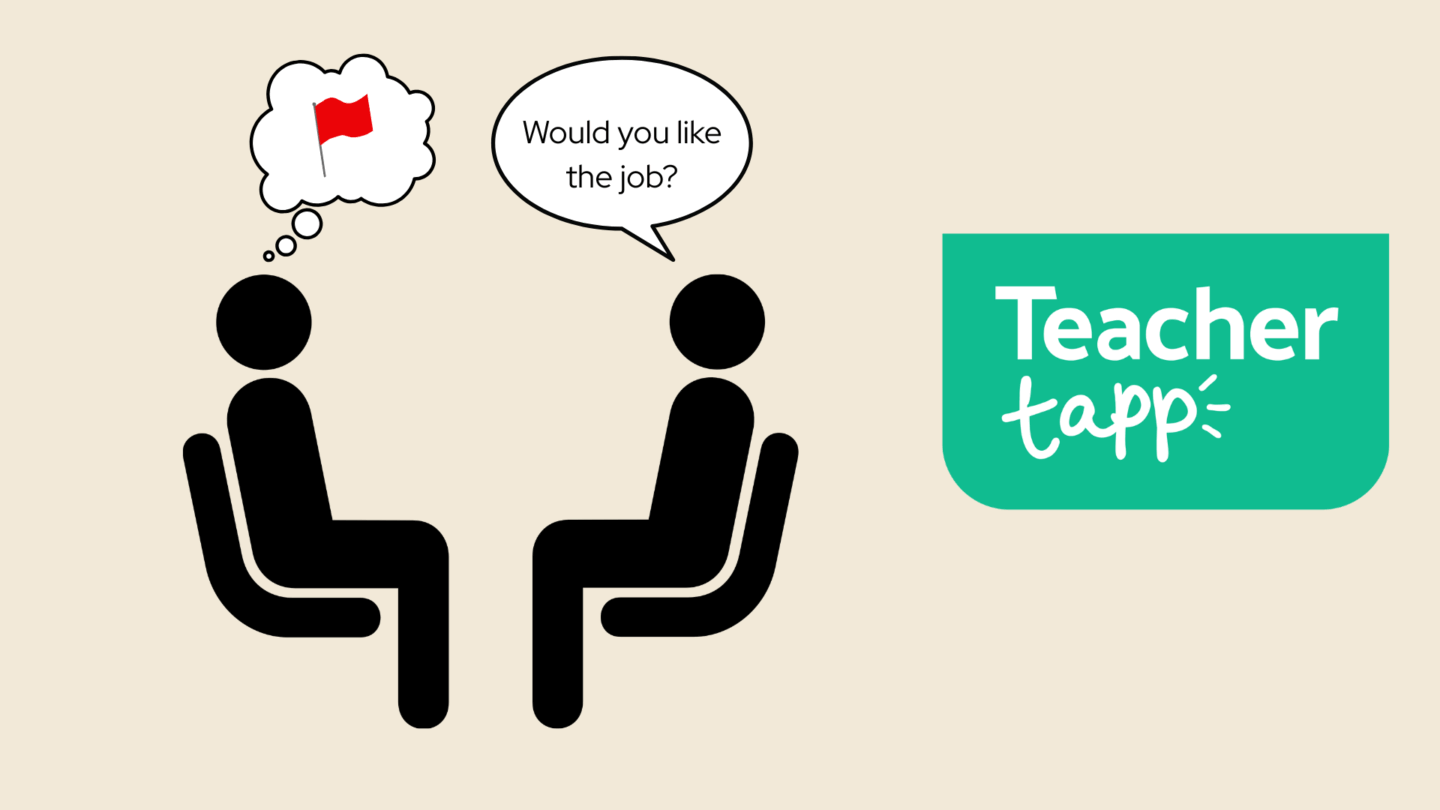It’s 2.30pm on a wet Tuesday afternoon. Quiet little Jamie has just smashed Ethan over the head with an apple, two girls are on phones hidden in their laps, and the rest of the class have lapsed into giggly chatter. These scenes aren’t even the stuff of real teacher nightmares, it’s just the work-a-day difficulty of teaching real live human children with their own priorities. Keeping pupils learning is
But, just how bad is behaviour in schools? And how much does it affect teachers careers? Last week, Teacher Tapp asked over 3,000 teachers what was going on in their classroom and here’s what we learned…
First, teachers REALLY care about disruptive behaviour
When given the choice: most teachers prefer to work somewhere with longer hours in return for fewer behaviour issues.

Think that through! The toil of dealing with bad behaviour in lessons is so draining that teachers would prefer to do anything else in longer hours to compensate for it.
Also, teachers working in more affluent areas are most likely to prefer long hours over

Why is this? Did teachers who don’t feel great about their
‘Behaviour doesn’t matter in primary schools’
A number of teachers on social media suggested that primary schools don’t really struggle with
Actually, disruption seems to be just as common in primary schools as in

Behaviour is worst for new teachers

Those experiencing poor

… which can mean new teachers spend their evenings worrying about work. It’s no wonder so many
Can I escape bad behaviour by teaching in a posh area? Erm… possibly not.
Concerns about

yellow is somewhat concerned; green is not concerned
That said, those teaching in schools with a high number of pupils

SO, why is behaviour such a big problem?
Besides the fact that teaching is hard work, it seems that many schools don’t consistently implement

…Although senior management seem to think they do!

…And in schools with inconsistent behaviour policies, more lessons are reported to be disrupted.

Secondary schools categorised by Ofsted as Requires Improvement or Inadequate seem to have a particular problem with enforcing a strict

Does anyone feel positively about behaviour?
You told us that around 40% of you were dreading at least one lesson this week.

But a few teachers also challenged us to be more positive and ask if anyone was looking forward to lessons, too!
Thankfully, 13% of teachers are looking forward to every single lesson.

We compared your responses for dreading and looking forward to. There is a pretty big group of you who have NO lessons you are looking forward to and NO lessons you are dreading! What’s that about? (It’s that green line saying 67% at the bottom)

Someone rightly pointed out that teachers might be dreading lessons for all sorts of reasons. Is it really down to

And, yet again, new teachers are particularly affected by behaviour (and also lesson observations)

In sum, what have we learned?
- Behaviour is an issue in around 30% of lessons – primary or secondary
- It is particularly problematic for new
teachers, and contributes to them worrying about future lessons - Inconsistently applied
behaviour policies increase dread and correlate with a poor Ofsted grading
Here are some other things you told us this week:
1. Most classroom teachers think CEOs should only earn £100k

2. There is no majority on the best length for a summer break
So we probably shouldn’t have a referendum on it…

3. In teaching, you get to hang out with really great people

4. Most of you really like the 3.30 notification time
(Though we are going to look at some alternatives too)






